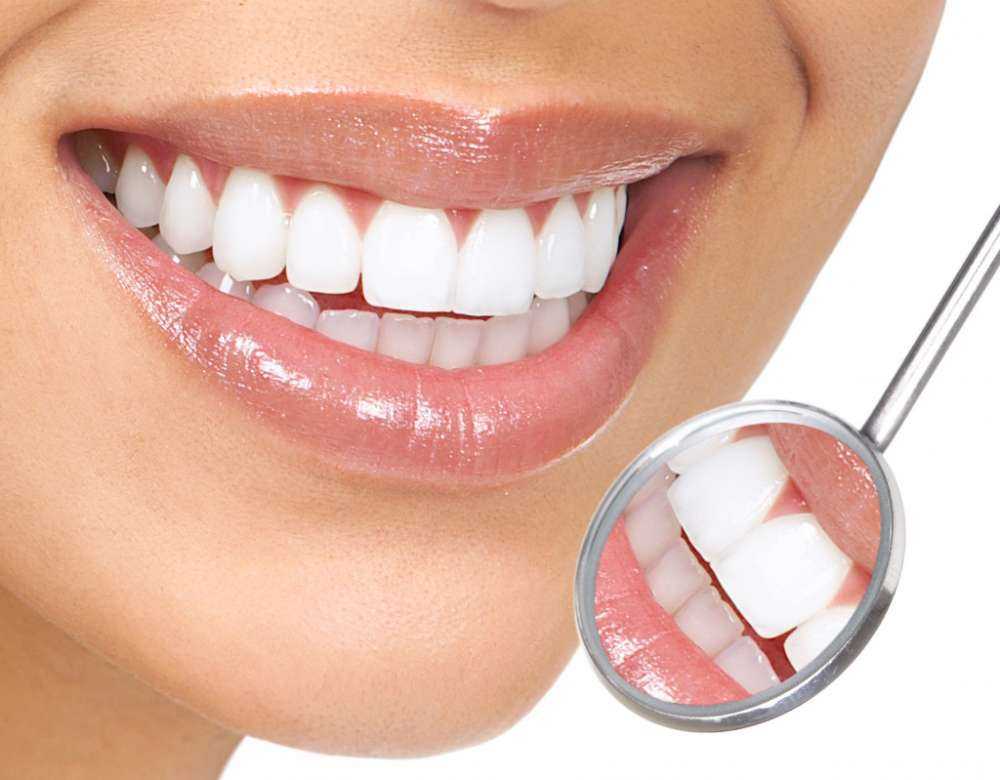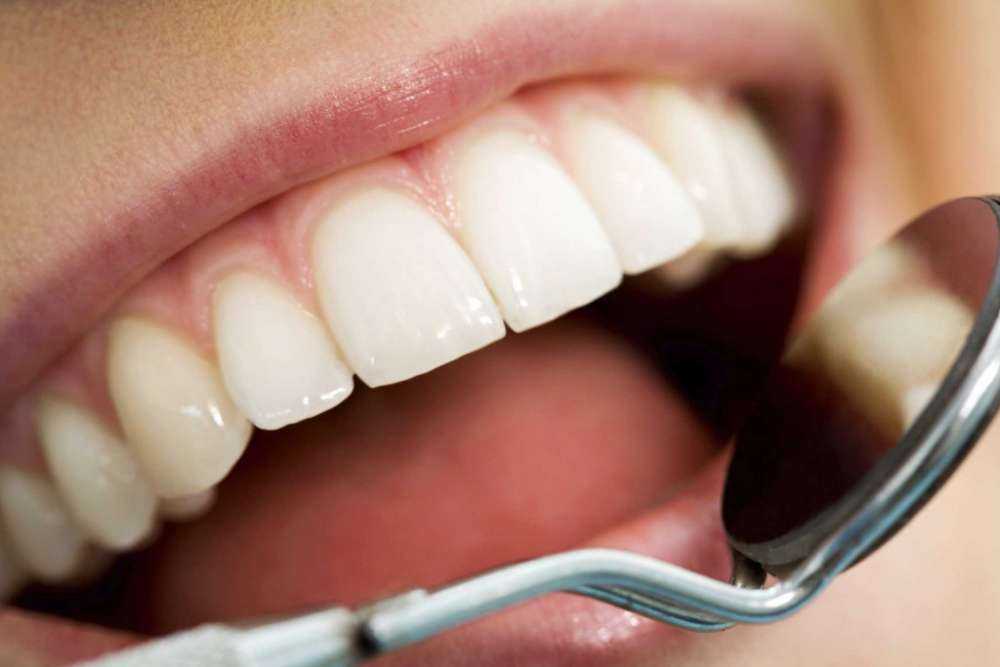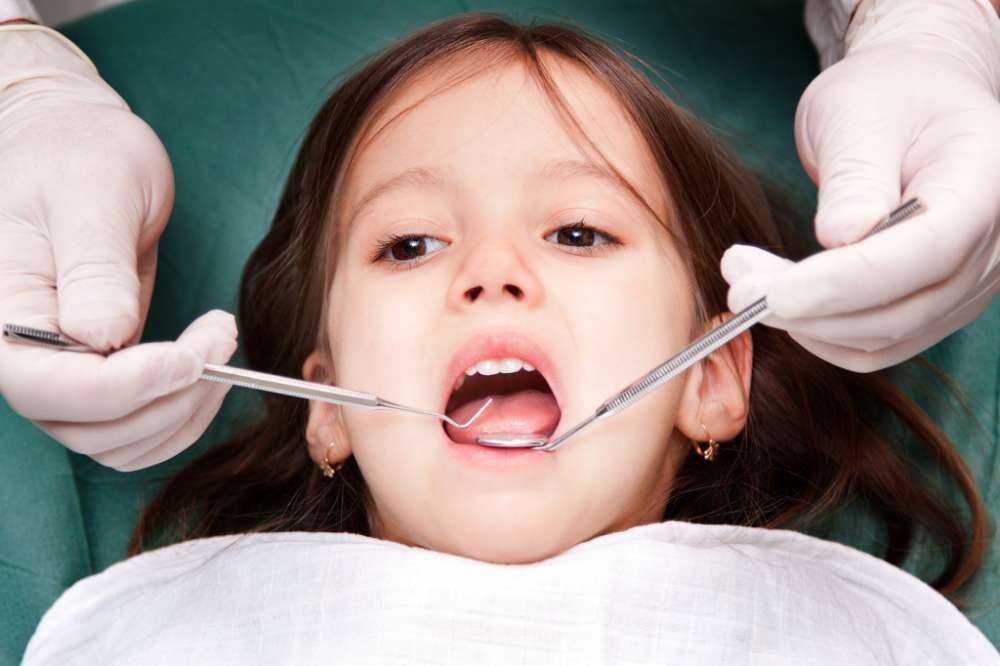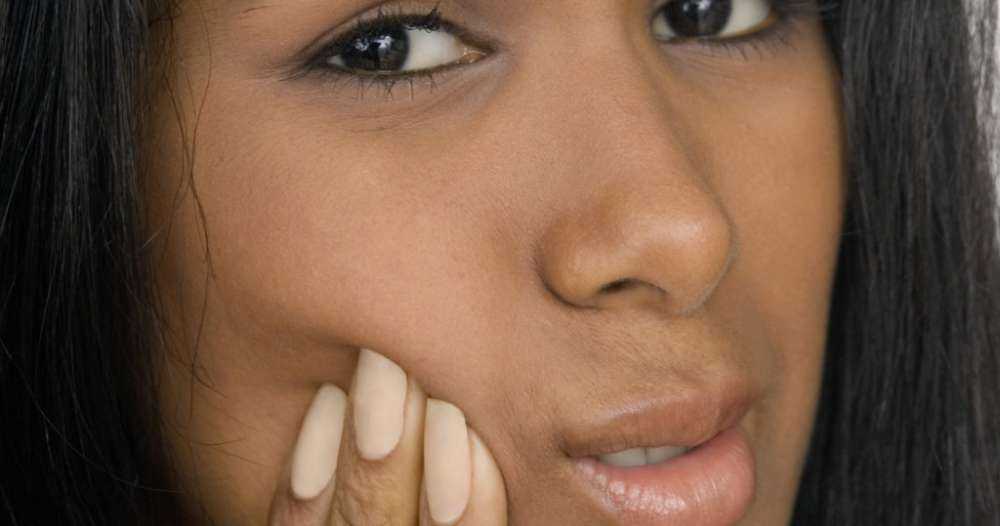-

 Community News1 week ago
Community News1 week agoAlmost Homeless – Eight years of Justin Trudeau; Canada’s housing is against the ropes, and Toronto renters suffer
-

 Community News2 weeks ago
Community News2 weeks agoFour helpful tips to get your boss off your back
-

 Community News1 week ago
Community News1 week agoUnveiling the canvas of resilience: Dwayne Grant’s journey through art
-

 Community News1 week ago
Community News1 week agoMeet Birmingham’s sensational R&B-Pop prodigy: Vincent Darby – The voice you can’t ignore!
-

 Community News1 week ago
Community News1 week agoIt’s time for a New United Regional Nation of the Caribbean
-

 Community News6 days ago
Community News6 days agoFreedom Mas Kick off the start of Band Launch Season 2024
-

 Community News3 days ago
Community News3 days agoRichard Rooney gifts $5 million to the African Studies Centre and the Centre for Caribbean Studies at the University of Toronto
-

 Community News3 days ago
Community News3 days ago“Stop egging me on!” Companies are simply getting better at carefully wording things on their packaging




























